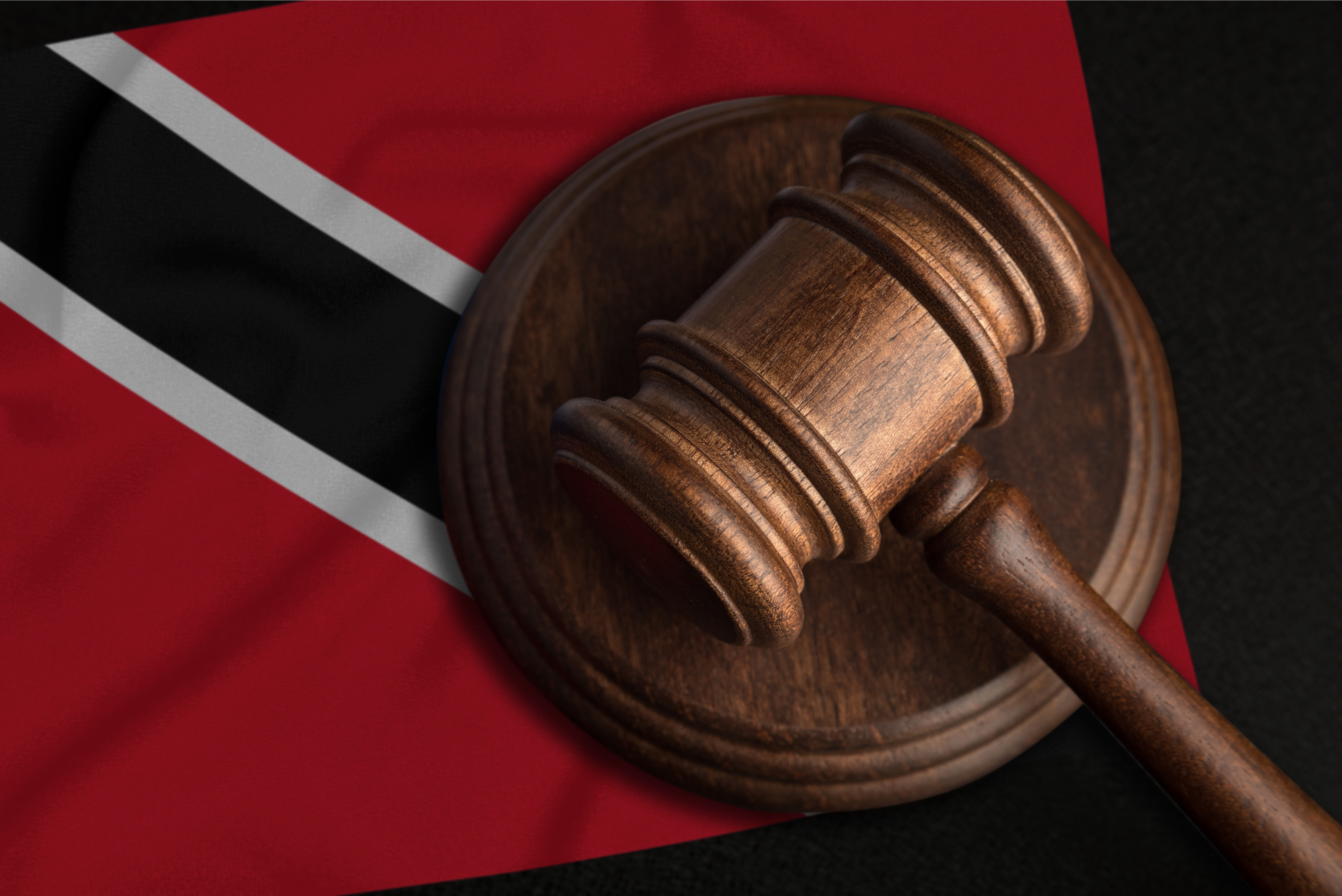It's really through the prism of the Privy Council litigation on the death penalty that some of the most significant strides have been made both regionally and globally to curbing its use
Tim Otty QC
Founder and deputy chair, The Human Dignity Trust
Dr Leonardo Raznovich, a barrister and former Co-Vice Chair of the IBA LGBTI Law Committee, points to a 2003 Trinidadian case – Roodal v the State – where the Privy Council held that the country’s mandatory death penalty was unconstitutional. ‘In Roodal, the Privy Council found that the court must construe existing colonial laws so that they conform with the constitutions,’ he says. Raznovich argues that the decision provided the necessary ‘middle ground…without making the rights and freedoms of the constitution nor the general ‘savings clause’ nugatory.’
The Privy Council took a different turn in Matthew v the State in 2005. Although the judges found that the mandatory death penalty in Trinidad was a 'cruel and unusual punishment', the 5-4 majority ruled that the 'savings clause' protected the mandatory penalty from constitutional challenge.
If the Privy Council upholds the ‘savings clause’ again in Chandler, Raznovich is concerned this could risk protecting the types of outdated laws that he says continue to discriminate against the human rights of minority groups across the Caribbean. He highlights a 2018 CCJ ruling which held that a 125-year-old law in Guyana unfairly discriminated against transgender people. The five-judge panel said: ‘the law was from a different time and no longer served any legitimate purpose in Guyana’.
However, Tim Otty QC, a barrister at Blackstone Chambers, founder and deputy chair of the Human Dignity Trust, says the Privy Council faces a complex task and that both the Privy Council and the CCJ continue to act as essential ‘backstops for the protection of fundamental rights’ in the Caribbean. ‘Sometimes because of the ‘savings clauses’ it can be difficult to ensure that fundamental rights, as we understand them today, are fully respected and you can't avoid addressing the issue and problems that savings clause give rise to,’ he says.
But he adds it should not be forgotten that ‘it's really through the prism of the Privy Council litigation on the death penalty that some of the most significant strides have been made both regionally and globally to curbing its use.’
In April 2020 the Privy Council overturned the conviction of an unrepresented man in The Bahamas who faced the death penalty on the grounds that he did not receive a fair trial. The case was referred to the Court of Appeal in The Bahamas to decide whether a retrial should be ordered.
Death penalty appeals will always divide opinion in a region where many still hold conservative views about capital punishment, says Sophia Rolle-Kapousouzoglou, a partner at LennoxPaton in Nassau and Co-Chair of the IBA Reorganisation and Workouts Subcommittee.
However, she says the Privy Council undoubtedly continues to play a significant role in Caribbean nations like The Bahamas where it remains the final court of appeal. ‘From a Commercial law perspective, in jurisdictions such as The Bahamas many clients in large-scale commercial transactions have increased confidence in knowing that for an English common law jurisdiction ultimately the law – and their disputes – will be settled by the Privy Council and cannot be challenged further.’
This underlying confidence in the British judicial system may have hindered the CCJ’s prospects as the region’s favoured court of appeal, says Richard Clayton QC, a barrister at Kings Chambers and Exchequer Chambers. ‘In a mature democracy you might expect countries to use a regional court as its final court of appeal,’ he says. ‘However, it appears that a lack of confidence in domestic courts has not resulted in a greater take-up of the CCJ.’
This seems unlikely to change in the short term. ‘In those countries where constitutional change requires a favourable referendum with a minimum turnout, there appears to be a difficulty in attracting voters to come out in sufficient number to support a change in the location of their final court of appeal,’ says Clayton. In 2018, low voter turnouts in referenda in Antigua and Barbuda and Grenada thwarted proposals to change the countries’ appellate court to the CCJ. It was the second time this issue had failed to gain sufficient electoral support in Grenada.
A Privy Council spokesperson told Global Insight that the UK’s Supreme Court justices spend around 30 per cent of their time on Privy Council cases. As many as five justices usually sit to hear Commonwealth appeals. Larger numbers are reserved only for the most important cases, therefore it’s noteworthy that nine justices elected to hear the Chandler appeal. The judgment is expected in the next few months.
Image: Judge Gavel and flag of Trinidad and Tobago. Serhii Yevdokymov/Shutterstock.com

